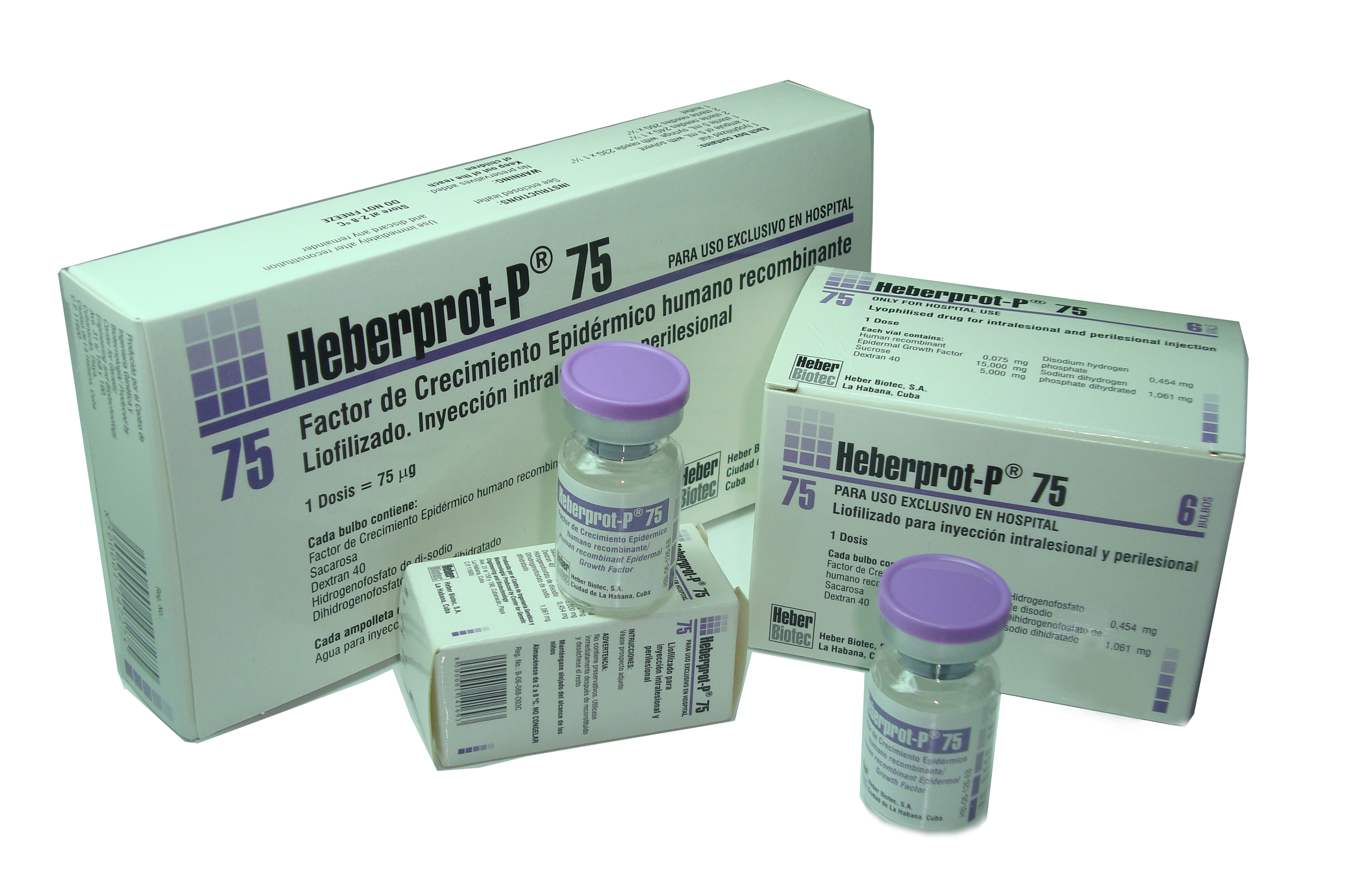CUBA STANDARD — In a rare breakthrough into a developed market, the South Korean pharmaceutical regulatory agency approved a Cuban medicine, Cuba’s Center fo Genetic Engineering and Biotechnology (CIGB) announced in a tweet.
No further context was immediately available.
According to the CIGB tweet, South Korea’s Ministry of Food and Drug Safety approved Heberprot-P, a biotech product that treats diabetic foot ulcers, for use with Korean patients. groups_member group=”Bronze,Silver,Gold”]
Recombinant human epidermal growth factor-based Heberprot, which was first approved in Cuba in 2006, has been registered in Vietnam, Malaysia, Turkey, Argentina, Colombia, Kuwait, Ukraine, and Russia, among others. An agreement with a U.S. company in 2016 to bring Heberprot-P to clinical testing in the United States seems to have faded.
Getting Heberprot registered in South Korea is quite an achievement. While South Korea’s regulators approved nearly 3,500 chemical drugs, biopharmaceuticals and herbal medicinal preparations in 2020 — the last year for which data is available — only 173 of those were imported, and just two of those were biopharmaceuticals.
All imported biopharmaceuticals approved by South Korea are made by pharma multinationals.
South Korea has seen major growth in clinical testing, propelling it into the global Top 10 for testing, thanks to a mix of market conditions and a supportive government. According to the Korean National Enterprise for Clinical Trials (KoNECT), Korea conducted more industry-sponsored drug studies than any other Asian country recently, and Seoul is now the world’s top-ranked location for trials.
Disease patterns in South Korea are similar to those in Western countries.
[/groups_member]
Welcome to our site!
Please consider acquiring a membership to access exclusive content.

